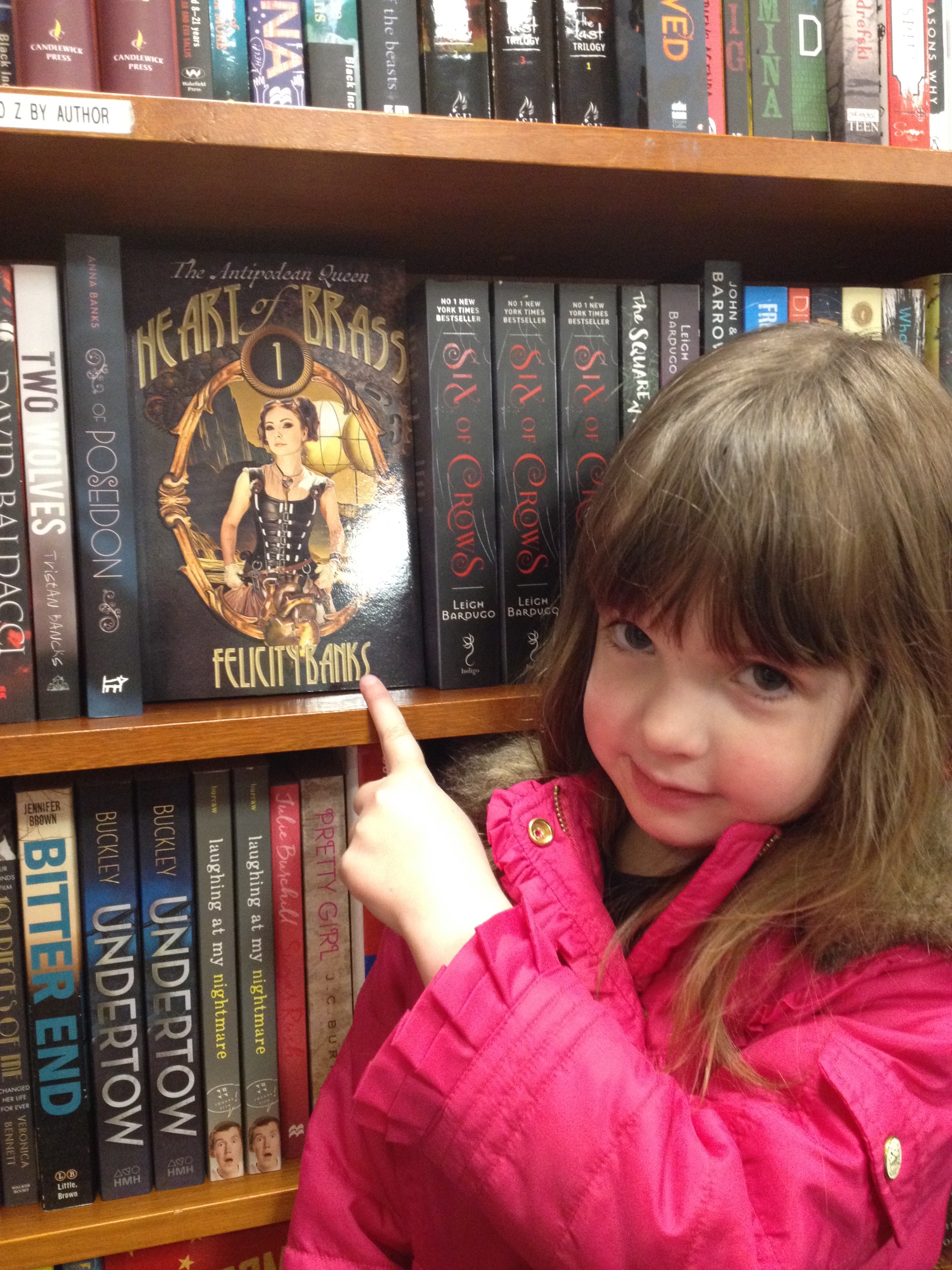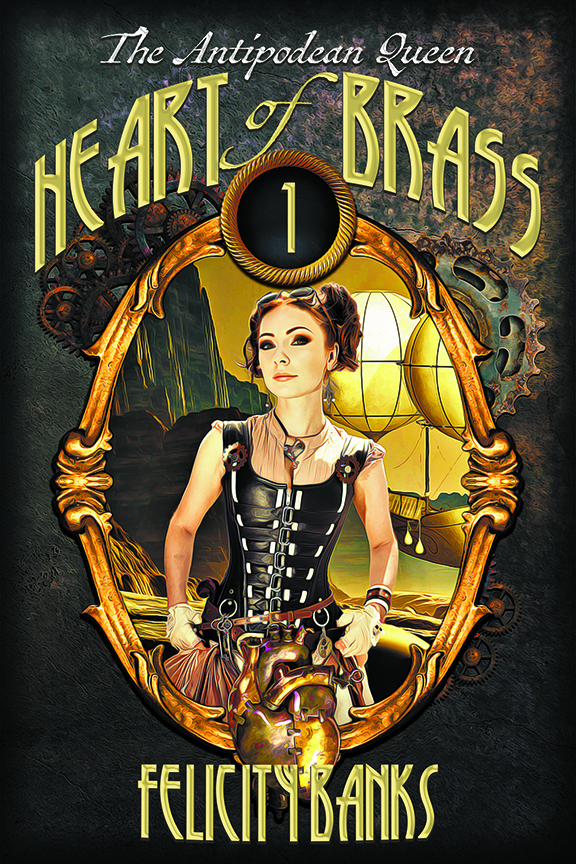Romance stats from “Choices”
My day job is writing for Tin Man Games. I’m co-writer on “Choices: And The Sun Went Out” and writer on “Choices: And Their Souls Were Eaten”.
They are both serial/subscription phone app stories (with the banner name of “Choices: And The Sun Went Out” on itunes and Android), that release a new piece of story roughly once per week.
One of the cool things about the app is that each arc (that is, four weeks) the players get to actually see how many other players are on the same path they are.
Spoilers from “Choices: And The Sun Went Out” coming!!!!!!
.
.

.
.
.
.
.
.
.
.
.
.
.
.
.
.
.
.
.
.
.
In “Choices: And The Sun Went Out” there are two possible love interests (both bisexual; the protagonist’s gender is never specified).
Sharon is a blonde Australian taxi driver with an adult daughter. She uses a bunch of Australian slang, drives like a (talented) maniac, and is addicted to danger.
Etienne is a Canadian Park Ranger of Middle Eastern descent. He’s a pacifist with a philosophical bent, and he can handle himself in a fight (…when he has to. Which is often).
Over time, the player was given several opportunities to flirt with each potential love interest, and we kept track of whether players chose to flirt or not (and how often).
Finally, in Arc 13 (yep, that’s thirteen months into the story!) we finally let the romance go ahead… if a player had been sufficiently flirtatious. We also let the player say no to romance if they wished.
We were dying with curiosity about which one of our love interests proved more popular. And the winner is…….
Well set me on fire and call me barbie… it’s Sharon!
The lovely Sharon walked off into the sunset (and by sunset I mean “hail of bullets” because the story’s climax is happening right now) with 45% of players.
Etienne snagged 30%, and the remaining 25% opted out of romance this time.
Do we have more male players than female? No idea. More males play video games, but more females play phone games. (Looking at public reviews, it looks like almost twice as many males are leaving reviews, but there are a lot of things that could be skewing those results.)
At present I’m writing the “China” side of the story. 42% of players are with me (and the other 58% are in Russia).
Here’s where it gets even more interesting.
In Russia (written by Alyce Potter, who created the character of Sharon), 67% of characters fell for Sharon, while 14% fell for Etienne.
But in China, 50% of characters fell for Etienne and 19% fell for Sharon.
I confess I have my own bias: Although I usually prefer women in fiction, Etienne (written by KG Tan who later surrendered his side of the writing to me because he has so many other jobs to do for Tin Man Games) is my favourite in this story.
It seems our natural biases worked for us… but how? We’ve been building up the romance for months across storylines that meandered all over the globe. Is there some third factor that drew players (and myself) to both China and Etienne or to both Russia and Sharon?
Statistics can’t answer that one…
Introduction to Interactive Fiction
I thought I’d better write an entry today in case someone is a-googling after hearing my interactive fiction interview on 666 ABC Canberra at 7:25am this morning (wheeee!)
Hello and welcome.
I write both novels and interactive novels. Other people find interactive fiction via the gaming community, so there are usually elements of game play (for example, skill bonuses that are tested later). You can “read” an interactive “book” or “play” an interactive “game”. I use the terms interchangeably.
Within interactive fiction, there are two main forms: Choice-based interactive fiction (the reader makes choices from set options) and Parser interactive fiction (the reader types commands to move the story forward and/or solve puzzles). I’m strictly on the choice-based side, which is definitely more accessible for newbies. The list below will make it immediately obvious that I was drawn to interactive fiction via Choice of Games. It’s not a bad place to start. This is what games always look like on the inside:

You pick one of the options, and click next. Easy!
Interactive fiction is almost always digital (the obvious exceptions are “Choose Your Own Adventure” novels, and the Windhammer Prize), and almost always released as a phone app on the itunes and android stores (and more, for Choice of Games).
If you’re curious about interactive fiction (IF), here are some good places to start learning more:
To learn by playing
Interactive Fiction Data Base This link takes you directly to my page, which has links to all of my games. My games are usually accessible to newbies, since I am one myself. There are a LOT of games and reviews on IFDB, and you can find lists (such as “Games for new players”) to sort through the mountain of stories.
The Interactive Fiction Comp is hugely popular, and all the games are free to play. Judging season is in October and the first half of November each year (right now!!) Usually about half the games are Parser games. Some games are a lot easier to download than others so if you get stuck just move on.
Birdland came fourth in the IF Comp 2015, and is a funny game using Twine. Free.
Choice of Games (CoG) is an extremely successful company with a clear in-house style.
Choice of Broadsides is a short CoG game that’s a perfect introduction.
Choice of Robots is an excellent scifi CoG story.
Community College Hero is an excellent teen superhero CoG story (Pt 1). It’s not an official CoG game, but is released through their Hosted Games label.
Creatures Such as We has a more literary style than most CoG games. It’s also free, and placed second the IF Comp in 2014.
My own CoG Hosted Games (I’m not associated or affiliated with CoG in any way) are the Australian steampunk adventure Attack of the Clockwork Army, the piratical romp Scarlet Sails (which also placed 7th in the IF Comp 2015; this version was improved after the competition which is why it’s not free like the original version). I also wrote and edited for the retro scifi comedy Starship Adventures, which has a bunch of behind-the-scenes special features.
Cape is a beautifully written Superhero origin story, where you can add detail by choice. It’s a hypertext story, meaning that you click on bolded words rather than choosing choices from a list. It placed fifth in the 2015 IF Comp, and is free.
Tin Man Games releases what they call “Gamebook Adventures”. They range from the mostly-text scifi serial story “Choices: And The Sun Went Out” app on itunes or android (the European steampunk tale “Choices: And Their Souls Were Eaten” is the second story inside that app; I’m a co-writer on #1 and writer on #2) to the recent Warlock of Firetop Mountain which takes the famous Steve Jackson & Ian Livingstone novel and turns it into a video game (including a fight system). They are internationally respected and an Australian company.
To learn by reading the blogs of reviewers (who also write games and talk about stuff)
To learn by joining a community
Be aware that the IF community is a small, welcoming, diverse, and kind group. Don’t be a troll. Don’t write when someone (especially a reviewer who is adding to the community with their comments and not getting paid for it) has made you feel angry.
Embrace different genders, sexualities, abilities, and nationalities.
The Interactive Fiction Forum is very lively during IF Comp season (October/November).
An excellent book on Twine and writing, pitched for beginners to both
Writing Interactive Fiction with Twine by Melissa Ford
If you’re quick, you can probably catch me at Conflux today between when-I-get-there and 1:30 (when my workshop starts – it’s booked out already, but just email fellissimo@hotmail.com if you want to arrange something else workshop-ish). I’ll most likely be in the dealer room, since my publisher has a table (the publicist is actually hiding in this shot – can you see her elbow?)

To learn by writing
Twine is certainly the easiest; it actually automatically builds an (adjustable) map for you. It takes about thirty seconds to learn, or ten minutes on your own.
There are LOTS of online resources, including lists here and here about finding the authoring tool that works for you. You certainly don’t need to be a computer programmer!
To get paid
Choice of Games pays advances of up to $10,000 for novel-length stories based on an approved outline and written with their tool, ChoiceScript. I know from personal experience that a story written for their less-exclusive “Hosted Games” label earns a respectable amount purely through royalties. Mine have earned around $1000 each, but there are no guarantees (and no limits!)
Sub-Q magazine pays for short fiction (they can be quite literary).
itch.io is a vibrant community that’s specifically designed to let indie creators sell their games on their own terms. It has loads of game jams that you can join, and some jams are competitive (which is a handy low-stakes way to see if your writing is appealing to others.
Contests pay a little (often not in money) but are hugely important to the community and to gaming companies, who sometimes even approach entrants to offer paid work. All the contests are publicly reviewed and judged, which is an intense emotional experience for any writer. Don’t ever interact with reviewers until after the competition is finished (and even then, always thank them regardless of what they said—every review is a precious gift, and the harsh ones are often the most useful).
Your stories must not be published, and they must be publicly available after the contest for free. Although the judging is public, they are NOT popularity contests, but based on judges being as neutral as possible in their ratings.
IF Comp is the biggest and best, but it’s NOT for beginners. Reviewers can be harsh in order to be more entertaining, or due to assuming you’re trolling the contest).
Windhammer Comp is printable (and short, and Australian) and high-status. First prize is $300, within runner-up prizes of $50. Not bad for a short story that doesn’t require learning a new tool!
IntroComp (for games that aren’t even finished)
Spring Thing (called the Fall Fooferal if you’re in the Southern Hemisphere) is particularly welcoming to newbies, including a “Back Garden” where you can indicate that you’re new and reviewers should take that into account. It’s deliberately placed in a part of the year when the IF Comp is far away.
I won the Windhammer Prize in 2015, and my publisher included that story with my novel:

Full disclosure: I have some kind of connection to pretty much everyone on this list, but every single connection is through reading their work and liking it.
Emily Short has a fantastic Intro to IF here.

